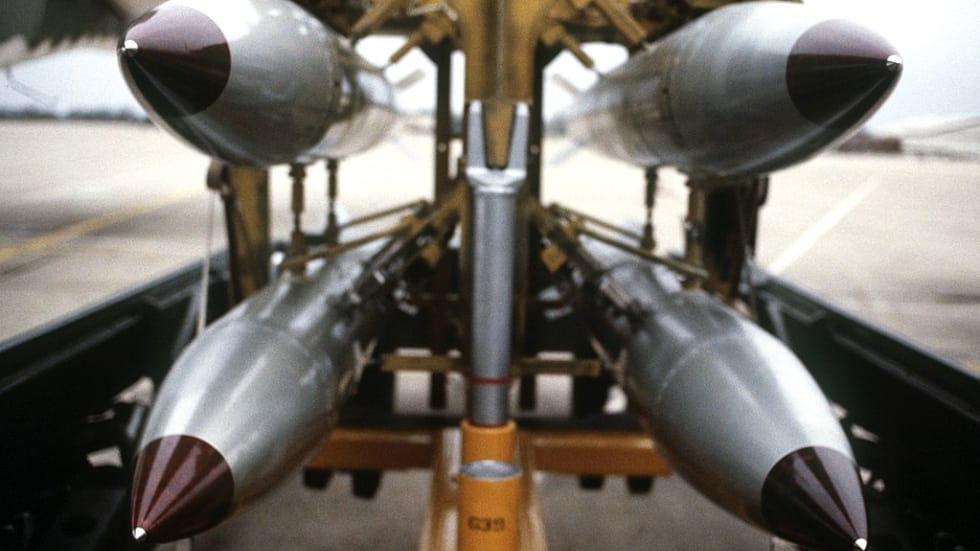The NATO military alliance will not offer Russia any guarantees regarding the deployment of nuclear weapons to prospective member states Sweden and Finland, with a senior official in the bloc stressing that such decisions must be left to individual nations.
Speaking to Swiss broadcaster RTS for an interview over the weekend, NATO’s Assistant Secretary General for Defense Investment Camille Grand was asked whether Western powers should provide nuclear assurances to Moscow in light of recent membership applications from Stockholm and Helsinki, which asked to join alliance following Russia’s attack on Ukraine earlier this year.
“Every country is free in the nuclear field to deploy or not to deploy such weapons. We are not talking about setting up some principle restrictions on the possible actions of the alliance,” he said, adding “This is a discussion that centers on the sovereignty of each member state of the alliance.”
I do not believe it is necessary, in the current context, to provide any guarantees whatsoever to Russia on our military posture in the region.
Five NATO states currently host American nuclear weapons on their soil, including Turkey, Italy, Germany, Belgium and the Netherlands. Seven other members participate in the bloc’s SNOWCAT program – under which non-nuclear nations offer conventional air support for nuclear operations – while all 30 members of the alliance with the exception of France belong to its nuclear planning group.
Grand went on to say that the accession of the two Nordic states would not “radically change the strategic or military situation” in the region, arguing that “We do not have the intention nor the means to invade Russia, or carry out offensive actions against Russia,” and that Moscow “know this very well.”
Nonetheless, the official said Sweden and Finland both have “military capabilities of value,” and that the alliance is doing everything possible to ensure their applications are “quickly” accepted. Though Turkey has raised objections to the proposal, accusing Helsinki and Stockholm of harboring Kurdish armed groups, Grand said he remains “optimistic that we will succeed in finding a consensus.”
During a previous sit-down with a French radio station in May, the NATO official argued that the two nations moved to join the bloc as a “direct consequence” of Russia’s actions in Ukraine, but noted that nuclear deployments to Sweden or Finland are currently not on the table.
Though Moscow has repeatedly railed against the eastward expansion of the US-led military alliance, its reaction to the latest membership applications was somewhat subdued. Addressing a gathering in the Russian capital last month, President Vladimir Putin said the Kremlin “has no problems” with either Stockholm or Helsinki and that their membership in NATO would “not pose a direct threat.”
Poland Says US Should Deploy Nuclear Weapons to its Territory































